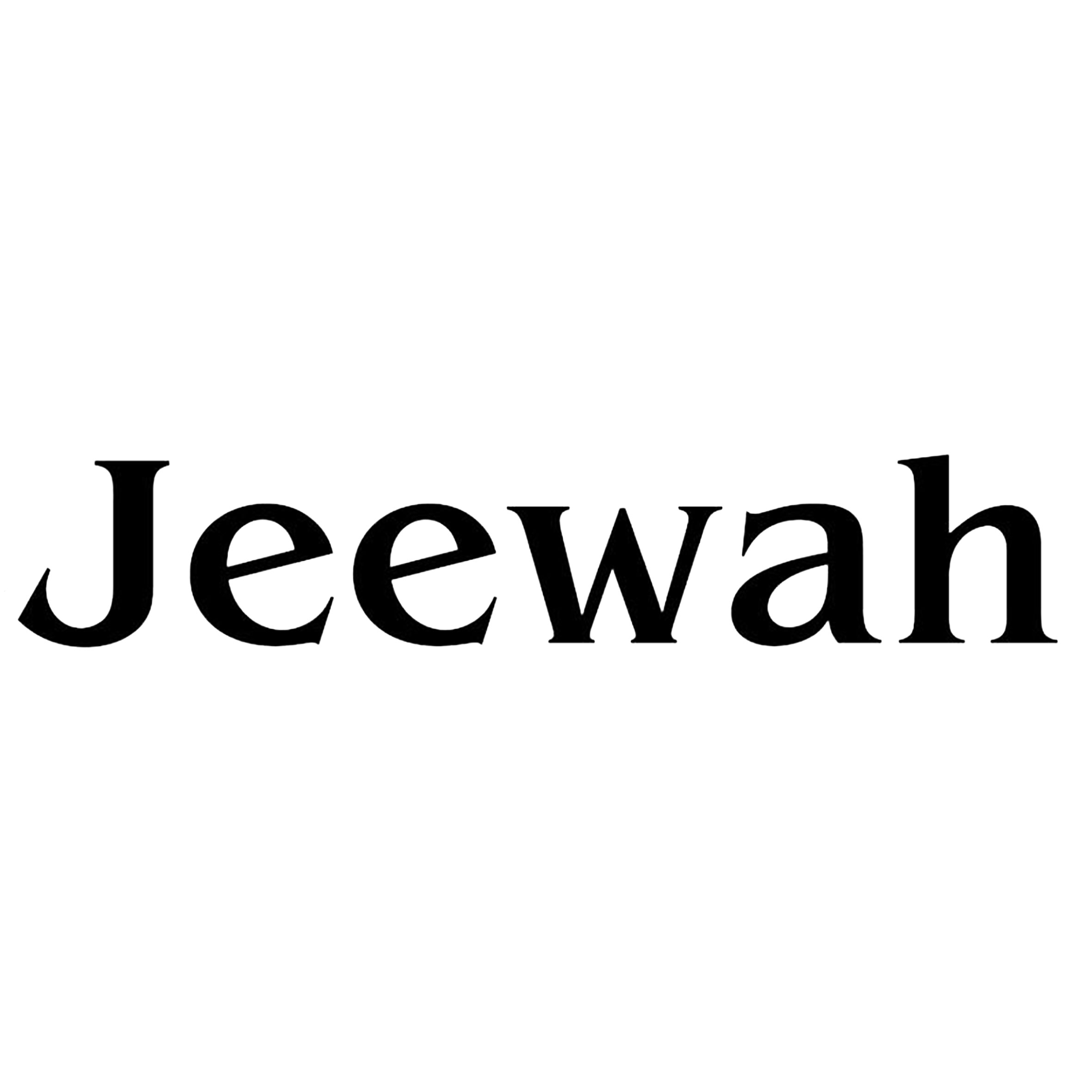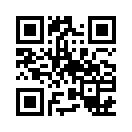How do we connect USB to HDMI?
Connecting USB to HDMI
Quite some time has elapsed since we first authored this article and a lot has happened in that time. The HDMI protocol has advanced through several revisions, and USB 2.0 gave way to USB 3.0. Still though, USB-to-HDMI remains a great way to bridge the gap between your computer and your home theater, but there have been some new developments and new technologies that make USB-to-HDMI even easier and more powerful.
Our new Jeewah 3.0 USB-to-HDMI converter distills pretty much all of the advancements into a powerful, easy to use, cool looking package.
Become a Sewell Insider

Join the Sewell Insider program and get 15% off your next order!
Exclusive sales and Insider Pricing
Extended product warranties
Signing up is free
email address
*Your privacy is important to us. We promise we will never share your information*
We’ve received a lot of questions from readers looking to benefit from these advancements, and we’re happy to dispel tech mysteries wherever they appear.
So without further ado, here are your top 6 USB-to-HDMI questions answered:
Your USB-to-HDMI Questions Answered
Q: Do I need two separate converters in order to send both audio AND video from my computer to my HDTV?
A: There are solutions out there that are purpose-built to handle video and audio separately. This can be beneficial if you want to send an audio signal to a receiver and bypass your TV entirely, but a simple solution that rolls both audio and video into one unit is ideal for most home theater scenarios.
Why Jeewah 3.0 HDMI is awesome: Not all converters are created equal, but one of the big benefit of our new Jeewah 3.0 is that it transmits both video and audio down a single HDMI cord to your TV. This all-in-one unit installs easily and it cuts down on cable clutter as a bonus.

Q: What’s the max resolution I can expect from a USB-to-HDMI converter?
A: Most USB-to-HDMI converters will support a range of common output resolutions up to 1080p resolution.
Why Jeewah 3.0 HDMI is awesome: The Jeewah 3.0 supports full HD up to 1080p for HDTVs, but it also supports higher resolutions up to 2048 x 1152 for computer monitors.
Q: Do I have to worry about lag if I want to play video games using a USB-to-HDMI converter?
A: Lag is the gamer’s mortal enemy, and limited bandwidth can be a bottleneck issue since HD video signals are pretty bandwidth intensive. You’ll be best buds with a converter that can make use of USB 3.0’s high bandwidth.
Why Jeewah 3.0 HDMI is awesome: The Jeewah 3.0 is engineered to get the full benefit of the new USB protocol, but it also employs real-time adaptive compression which balances compression methods from moment to moment based on content, USB bandwidth, and CPU power availability. All this ensures that the video lag between your computer and your HDTV is minimal.
Q: Am I out of luck if I don’t have USB 3.0 ports on my computer but I want to connect my computer to my HDTV?
A: There are converters on the market that make use of USB 2.0 to good effect, and these are great for applications with less stringent latency requirements. That said, if you think you might upgrade to USB 3.0 at some point in the future, you should consider investing in a USB 3.0 solution with 2.0 backward compatibility.
Why Jeewah 3.0 HDMI is awesome: While you need 3.0 capable USB slots on your computer to enjoy the benefits of USB 3.0, in the meantime the Jeewah 3.0 is fully backwards compatible with USB 2.0.
Q: Can I pipe HDMI signals to my computer through a USB port using a USB-to-HDMI converter?
A: Most USB-to-HDMI converters disallow this functionality as part of their adherence to HD content protection protocols.
Why Jeewah 3.0 HDMI is awesome: The Jeewah 3.0 operates as a full-fledged external video card, so while it only works in one direction, it frees your computer from having to do a lot of extra processing on its native video card.

Q: How taxing is a USB-to-HDMI converter on my CPU?
A: Not all converters are created equal. Some are going to be more taxing than others in terms of processor performance. Most of this comes down to the quality of the video encoding, processing, and compression algorithms employed by the converter.
Why Jeewah 3.0 HDMI is awesome: Again, not all converters are created equal, but the Jeewah 3.0 is super light on CPU. Like, screensaver light. The Jeewah 3.0 happens to use some pretty advanced video algorithms to make it so processor-light.
Jeewah 3.0
We’re excited about how well the Jeewah 3.0 solves many of the common computer-to-HDTV problems. I hope this has helped clear things up. Like I said, a lot has happened since we published the first version of this USB-to-HDMI article, and the Jeewah 3.0 is a great way to get HD video and audio from your computer to your home theater.

 Professional HDMI Cable Manufactory
Professional HDMI Cable Manufactory Enjoy Real Audio & Vision
Enjoy Real Audio & Vision
